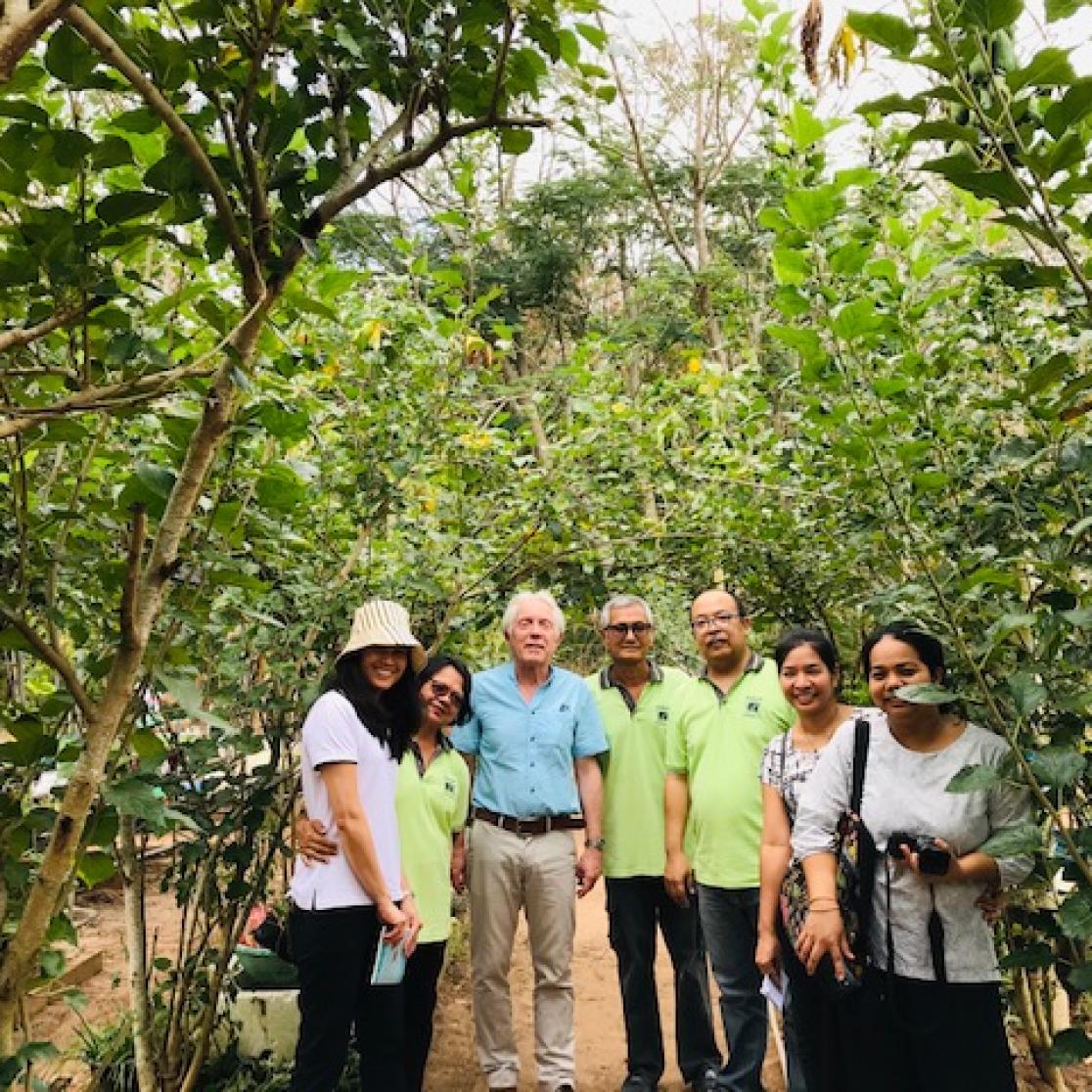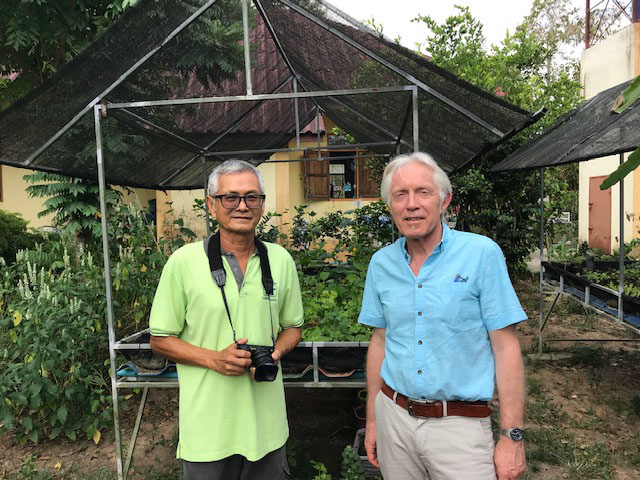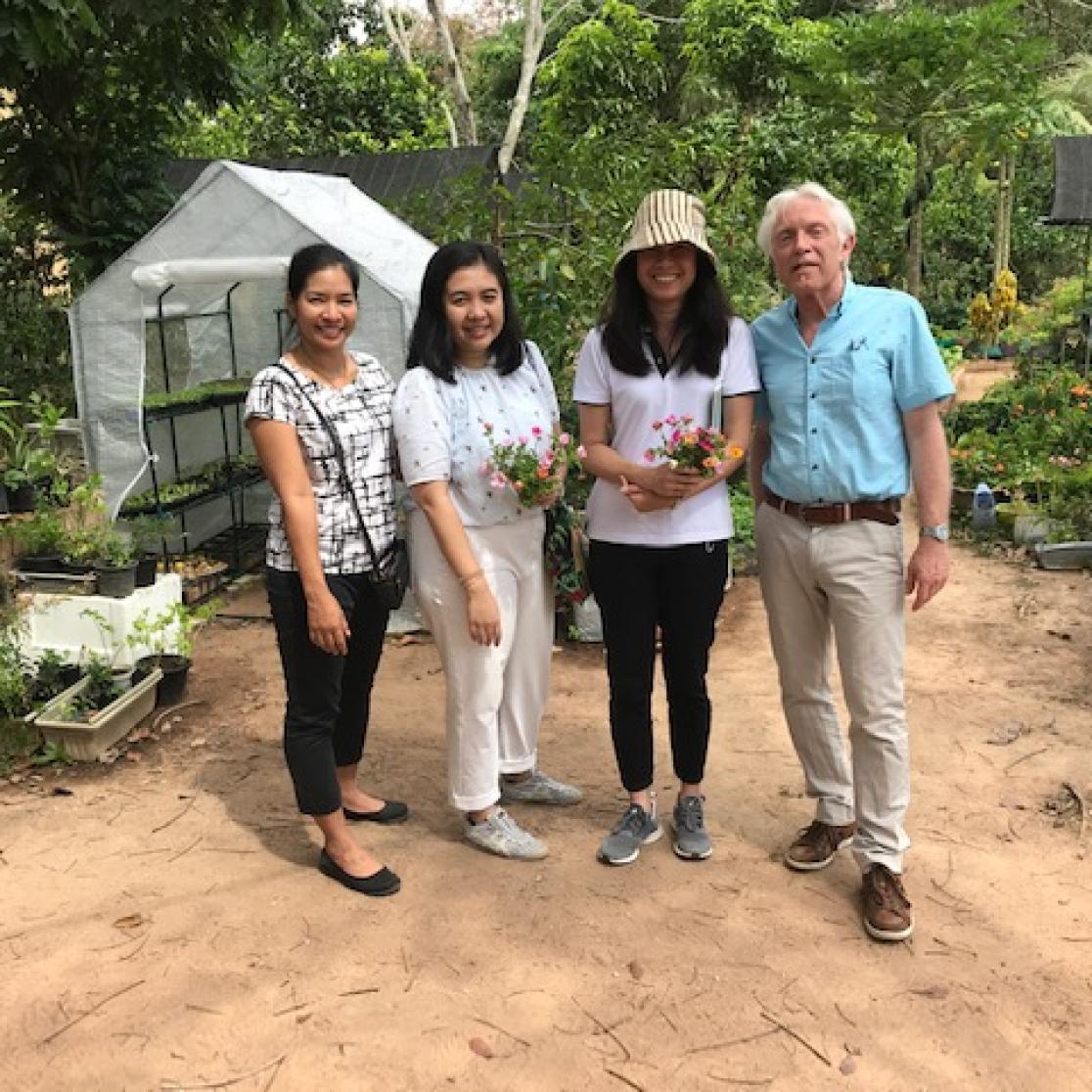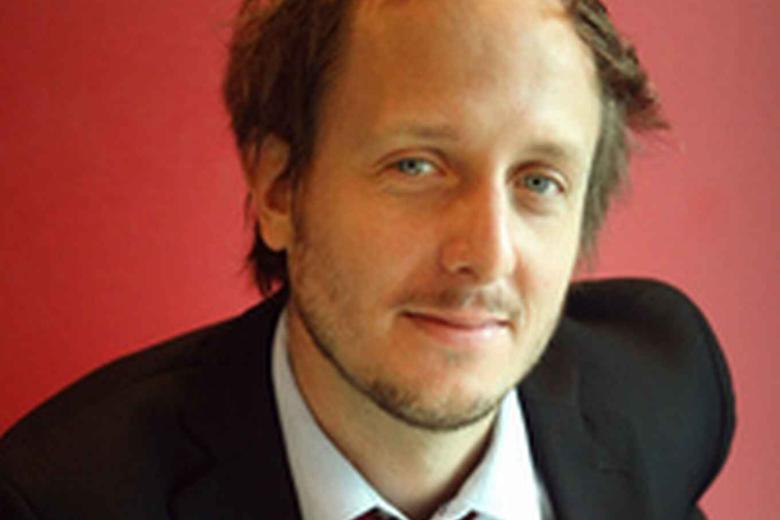UM participates in EU project in Thailand
In the first week of March Mundo director Han Aarts visited Thailand for the kick-off of a new EU funded project. Led by the Thailand Environment Institute (TEI) this project will focus on strengthening resilience for climate change among socio-economically vulnerable urban communities. Maastricht University will contribute with knowledge and training.
Climate change
Current climate change poses major challenges to Thailand, specifically an increasing unpredictability of rainfall. This leads to prolonged periods of draught on the one hand and increased flooding on the other. The rising sea level adds to flood risks in coastal areas. Among those most affected by these increased risks are the many poorer inhabitants of Thailand’s rapidly growing intermediate cities. Therefore this project, funded via the EU delegation in Thailand, will focus on strengthening resilience for climate change induced risks among socio-economically vulnerable communities in two rapidly urbanizing regions in Thailand. One region is the city of Khon Kaen and its surroundings in North Eastern Thailand, the other is around Hat Yai in Songkhla Province in Southern Thailand.
(text continues below picture)

Han Aarts together with the SUCCESS project team visiting an urban farming demonstration site near the city of Hat Yai in Southern Thailand.

SUCCESS
The full title of the project is ‘Strengthening Urban Climate Governance for Inclusive, Resilient and Sustainable Societies in Thailand’, but it will be known by its much easier Thai acronym ‘SUCCESS’. The project targets organizations that represent or assist vulnerable people in urbanizing areas, in areas as combatting poverty, improving housing and basic services, enhancing employment, improving health, assisting youth, women, children and aging people. All these groups are affected by increased climate risks. The project intends to increase awareness of climate change, what climate change means for vulnerable people and how these people can be supported in becoming more resilient for threats like draughts and flooding. The Thailand Environment Institution (TEI) will coordinate the project, with two Thai organizations and Maastricht University as partners. The role of Maastricht University will be training in climate change, developing training materials, training of trainers and providing advice and other support.
Project team
The purpose of the visit of Han Aarts in early March was to meet with the Thai project team of TEI, with representatives of the main partner organizations in Thailand and to visit the regions in Northeast and South Thailand where the project is focusing on. In Hat Yai he also visited an urban farming demonstration site. Small farmers who live in large numbers on urban fringes are one of the target groups of the project. At demonstration sites they learn how they can increase their income in spite of increased risks for draughts and floods, by diversifying their produce, working with alternative methods and marketing their products.
The project will run for about five years. Prof. Pim Martens and other colleagues from the Maastricht Sustainability Institute (MSI) will be involved in the project next to Mundo.

Han Aarts together with the SUCCESS project team visiting an urban farming demonstration site near the city of Hat Yai in Southern Thailand.
Also read
-
Globalisation & Law Network seminar with Rodrigo Vallejo Garretón
On 4 July 2025, the Globalisation & Law Network had the pleasure of welcoming Dr Rodrigo Vallejo Garretón, Assistant Professor in Private Law at the University of Amsterdam.

-
Language policy in European higher education
The increased Englishization of higher education is under discussion in several European countries. What does a balanced language policy look like that does justice to both the increasingly international character of higher education and a country's language-related cultural identity? At an...

-
A pinch of LSD, taken twice daily with meals
Fast forward to 2040: if you have ADHD or another psychological disorder, the doctor may no longer prescribe Ritalin or antidepressants, but instead a low dose of magic mushrooms, truffles or LSD. Associate professor Kim Kuypers is studying the use of psychedelics as potential medicines of the...
